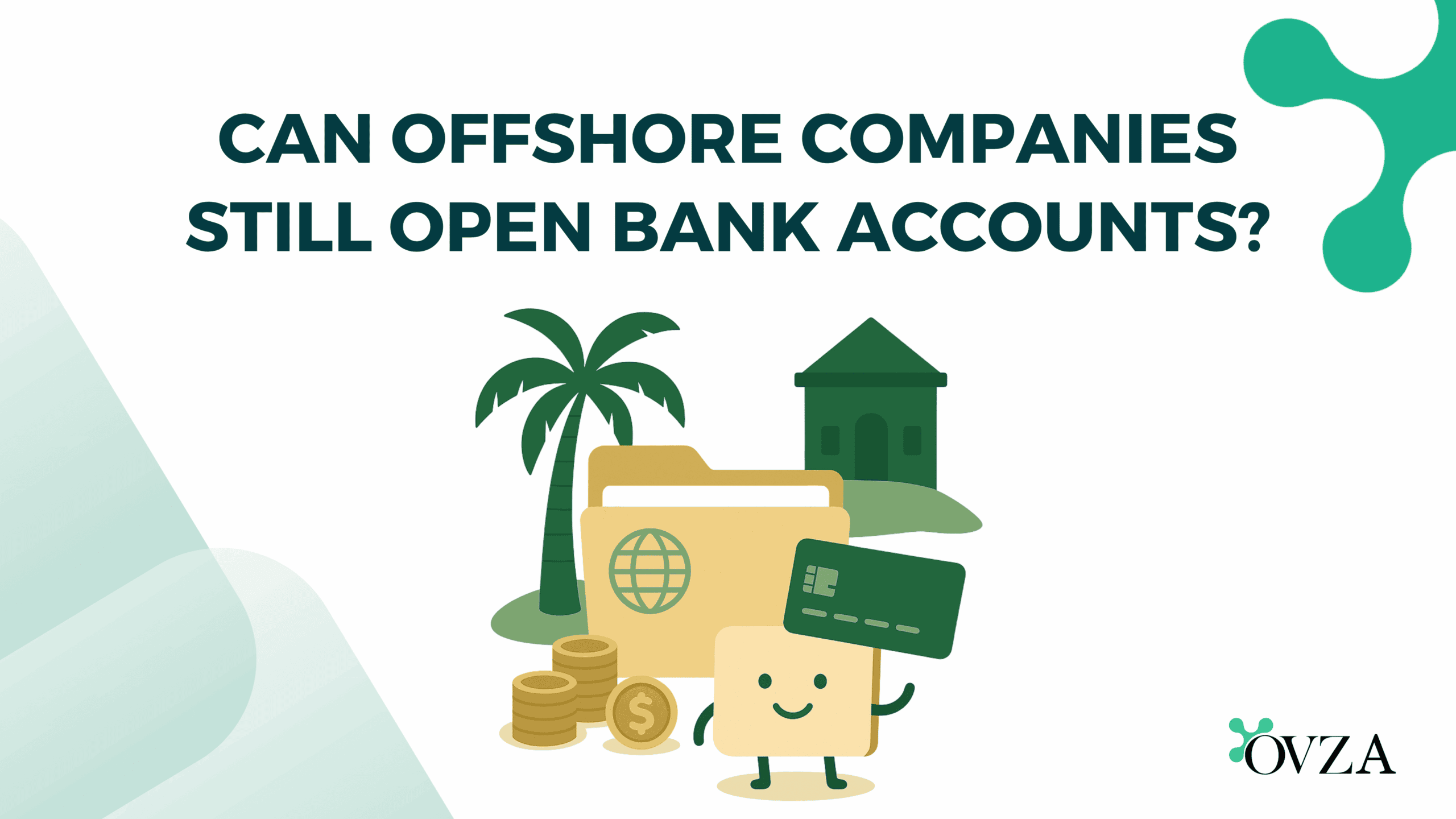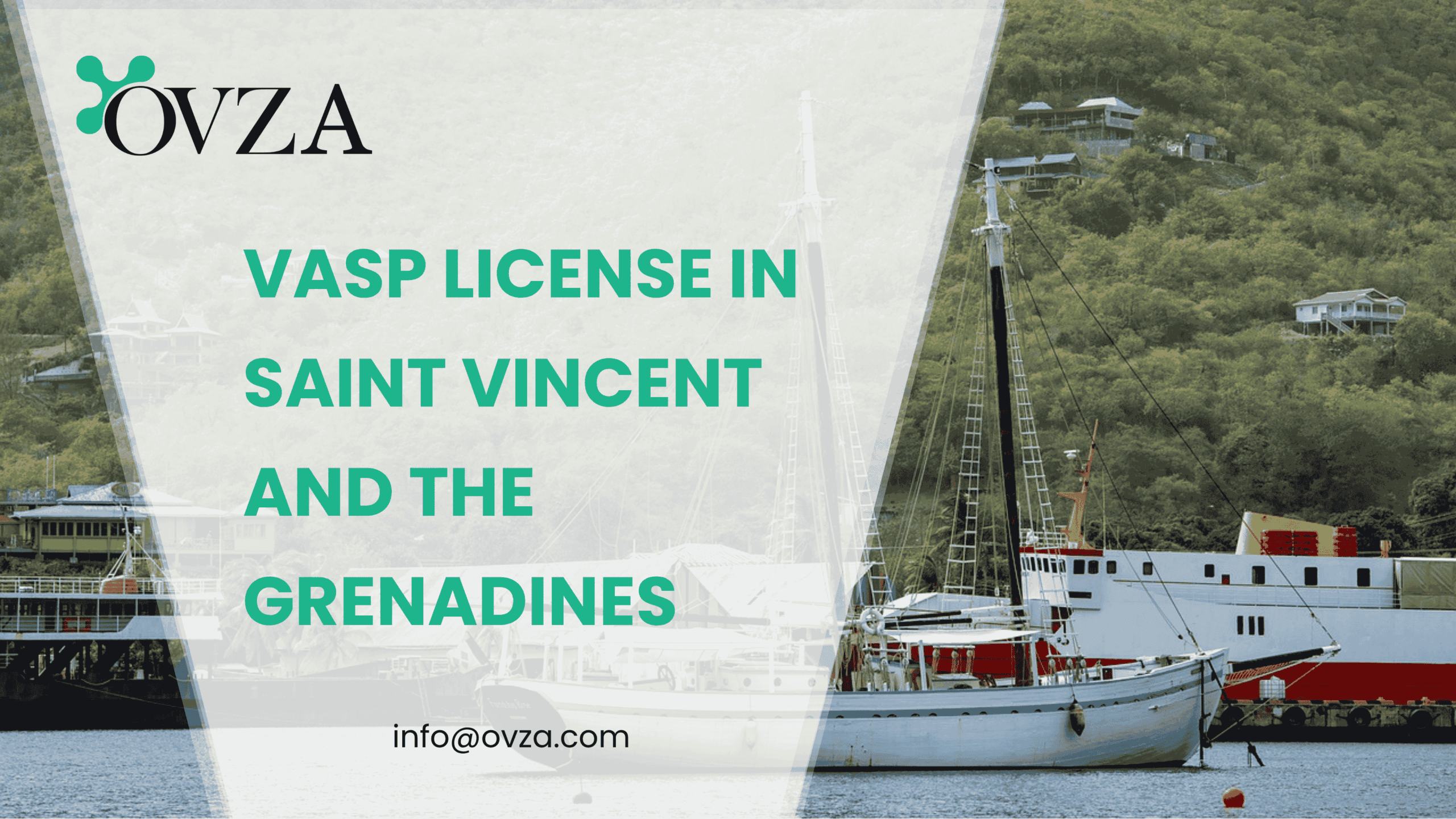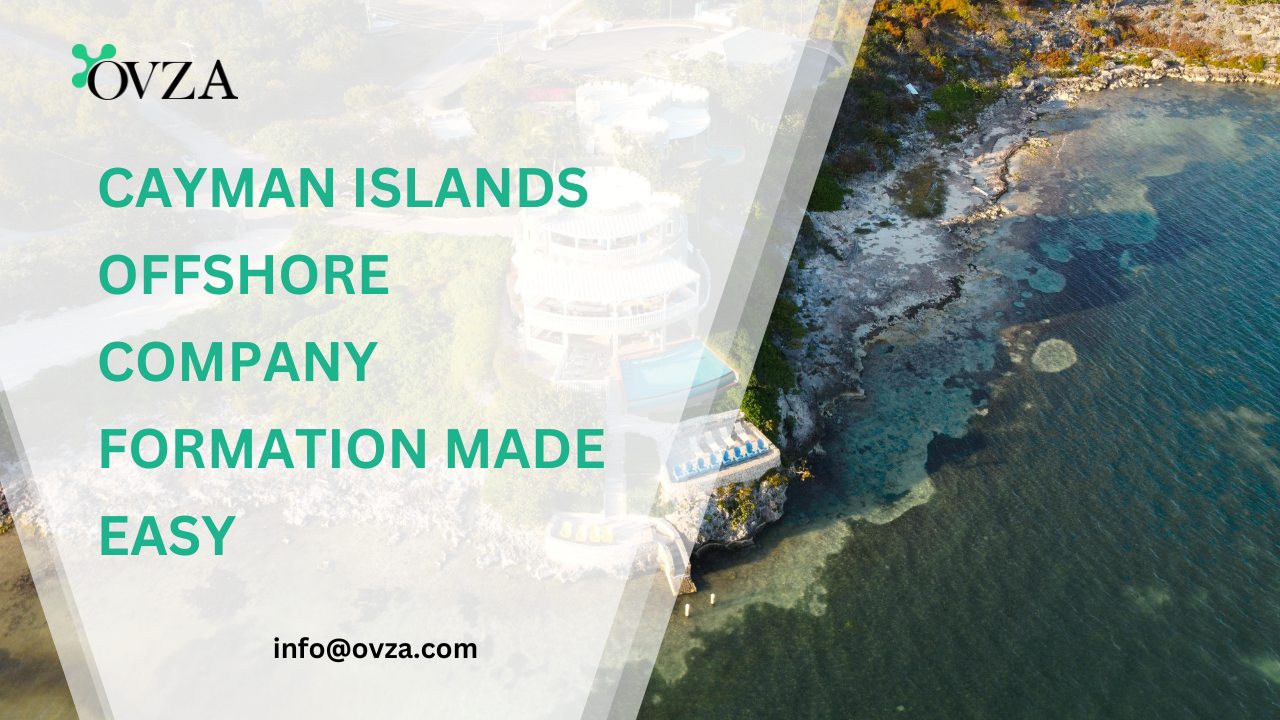Yes, offshore banking is still possible for virtually every jurisdiction, provided you choose the right institution that understands offshore structures.
For decades, forming a company in the British Virgin Islands, Seychelles, or Belize almost guaranteed that a bank account could be opened quickly and with minimal questions. Banking was, in those days, the natural extension of incorporation, a straightforward step that gave the offshore company its practical value.
Fast forward to 2025, and the global financial environment looks dramatically different. International institutions have imposed stricter standards on banks, particularly around transparency and tax cooperation. Programs such as the Common Reporting Standard (CRS) and the Foreign Account Tax Compliance Act (FATCA), combined with stronger Anti-Money Laundering (AML) rules, have redefined the offshore landscape. Many traditional banks have grown more cautious about dealing with non-resident structures, and the media often paints a picture that offshore banking is “dead.”
Yet the reality is far more encouraging: offshore companies can still open bank accounts with relative ease. The process has not disappeared; it has simply evolved. The crucial factor today is no longer whether offshore banking is possible, it is about choosing the right institution that understands offshore structures and aligning the company’s profile with the requirements of that institution.
The Misconceptions About Offshore Banking
One of the most persistent myths in this space is the belief that an offshore company can approach any normal high street bank and expect a warm welcome. This is simply not how offshore banking works. High street banks are designed to handle domestic clients, local shops, service providers, salaried employees. Their compliance departments are not trained to interpret international structures, layered ownership, or global trading flows.
As a result, entrepreneurs who walk into a conventional retail bank with offshore incorporation documents often face rejection, confusion, or endless compliance demands. Instead of solving their problem, they create months of wasted effort and frustration.
This is why offshore banking must be understood as a niche. It is not about working with just any bank; it is about working with institutions that specialize in offshore companies, that have compliance frameworks designed for them, and that know how to evaluate these structures without unnecessary obstacles.
As Eli Carter, Legal Affairs Lead at OVZA LLC, notes:
“The real challenge is not whether offshore companies can open accounts … they can, and quite easily. The real challenge is choosing a bank that actually understands offshore structures. If you go to the wrong bank, they will drive you mad with compliance because they simply don’t specialize in this area.”
This distinction, between mainstream banks and specialist offshore-friendly banks, is the key to understanding how offshore companies can still thrive in 2025.
Offshore Banking as a Specialized Niche
To understand offshore banking in today’s world, it is necessary to treat it as its own specialized financial sector. Offshore companies are not designed to fit neatly into the same mold as local businesses operating in one country. They are built for international trade, investment holding, asset protection, and in many cases, for cross-border financial operations that demand flexibility.
This difference is why offshore banking cannot be approached like domestic banking. Offshore banks, and increasingly, electronic money institutions (EMIs), are equipped with compliance officers, client onboarding processes, and internal policies specifically tailored to deal with companies registered outside of their home jurisdiction. Their staff are trained to review multi-jurisdictional structures, interpret notarized KYC documents, and evaluate business models that cross borders.
The matching process is the heart of success. Not every offshore company belongs in every bank. A holding company that merely holds intellectual property may be suited to a different bank than an offshore entity engaged in cryptocurrency trading or global consulting. Likewise, some banks will only welcome companies from jurisdictions they are familiar with, while others actively market themselves to attract clients from Seychelles, BVI, or St. Lucia.
This is why it is not about whether offshore companies can open accounts, they absolutely can. The real question is where they should bank given their industry, jurisdiction of incorporation, and compliance profile.
The Modern Offshore Banking Ecosystem
The global ecosystem of offshore banking has shifted in recent years, but it has not collapsed. Some older institutions, for example, certain Belizean and Dominican banks, have scaled back their offshore operations or closed their doors to new incorporations. Yet this decline has been matched by growth elsewhere.
Today, offshore entrepreneurs are as likely to bank in major financial hubs as they are in the Caribbean. Rather than relying on a small island bank tucked away in an isolated jurisdiction, many now turn to well-regulated centers such as Singapore, Canada, or the UK, where boutique financial institutions are geared toward international clients.
The Caribbean still plays an important role, with jurisdictions like St. Lucia and the Cayman Islands hosting banks that understand offshore structures, but the trend is toward banking in established global hubs that combine accessibility with strong compliance frameworks.
More importantly, the rise of electronic money institutions (EMIs) has expanded the playing field. EMIs such as Bankera, DNBC Group, and other European fintech providers have created digital-first banking solutions that offshore companies can access quickly and with fewer barriers. These platforms understand offshore structures because they were designed in a regulatory environment that anticipated cross-border clients.
In many ways, offshore banking has become easier today than in the past, but only for those who approach the right institutions. Traditional banks that are unfamiliar with offshore compliance remain a dead end. EMIs and specialized banks, however, are often willing to onboard clients in a matter of days when the company profile is clear, documents are properly notarized, and the business purpose is legitimate.
This evolution shows that offshore banking is far from impossible. It has simply shifted from being a universal practice to being a specialized market where expertise makes all the difference.
EMIs vs. Traditional Banks
In today’s offshore world, one of the most decisive questions is whether to open an account with a traditional bank or with an electronic money institution, commonly referred to as an EMI. Both are viable, but they represent very different experiences for offshore company owners.
Traditional banks remain the benchmark in terms of credibility and services. A proper bank account usually means access to SWIFT transfers, multi-currency accounts, cards, and in some cases lending or investment products. Yet the door into a bank has become much narrower. Offshore companies applying to traditional banks are asked to provide notarized KYC documents for every director and shareholder, a clear and verifiable source of funds, and often a detailed business plan that demonstrates the nature of incoming and outgoing transactions. Minimum deposits can also be high, in certain jurisdictions ranging anywhere from USD 5,000 to USD 100,000 or more. For large holding structures or companies managing significant assets, these hurdles are acceptable, but for smaller ventures they can feel excessive.
By contrast, EMIs have changed the offshore banking landscape. Licensed mainly in Europe and Asia, these digital-first institutions are built for speed, flexibility, and international connectivity. Their compliance teams are accustomed to dealing with offshore entities, and onboarding can often be completed remotely within days. Minimum deposit requirements are low, and opening a multi-currency IBAN is usually straightforward. For businesses engaged in consulting, e-commerce, or trading, EMIs often provide all the functionality needed to send and receive payments globally.
The trade-off is that EMIs are not banks in the traditional sense. They safeguard client funds but do not usually offer credit facilities, loans, or certain investment services. For companies that require those features, a conventional bank remains the better option. But for the majority of entrepreneurs who value efficiency and rapid access to international payment systems, EMIs are proving to be not just an alternative, but in many cases a superior choice.
To make the comparison clearer, here is a side-by-side look at how EMIs and traditional banks differ when it comes to offshore company accounts:
| Feature | EMIs (Electronic Money Institutions) | Traditional Banks |
| Onboarding speed | Fast – often a few days, remote setup | Slower – can take weeks or months |
| Deposit requirements | Low, usually no fixed minimum | Higher – USD 5,000 to 100,000+ |
| Compliance approach | Offshore-friendly, flexible, digital | Rigid, complex, often risk-averse |
| Services offered | Multi-currency IBANs, payments, cards | Full range: SWIFT, loans, credit, investments |
| Accessibility | Easy remote application | Often requires in-person or extensive vetting |
| Best suited for | E-commerce, consulting, trading, startups | Holding companies, larger asset management, prestige needs |
| Limitations | No lending, not full banks | High compliance burden, slower process |
Choosing the Right Bank for Your Offshore Company
When selecting a bank for an offshore company, the key principle is: choose a bank that specialises in non-resident, cross-border structures, not one that treats your firm like a standard domestic business. Many entrepreneurs make the critical mistake of applying to “normal” banks, the kind that serve local SMEs and salaried individuals, and find themselves caught up in compliance loops, documentation overload, and eventual rejection.
Instead, you should focus on banks that meet three core criteria: (1) a track-record of servicing offshore companies, (2) clarity on their acceptance criteria and business models, and (3) full compliance with international standards (CRS, FATCA, AML).
Below are several institutions that illustrate the range of good options, though none serve as a guarantee, each requires its own due diligence.
- Bankera: A digital-first institution offering corporate IBAN accounts, multi-currency access, and payment processing tailored to global clients. It emphasises e-commerce, fintech and online business models.
- Caye International Bank (Belize): Offers full-range banking services including corporate accounts, multi-currency holdings, and international transfers. Widely cited as a specialist in offshore structures.
- Hamilton Reserve Bank (Nevis): Known as an offshore-focused bank in the Caribbean region, serving non-resident clients and offshore holding entities.
These examples reveal that the “right bank” can vary: some (like Bankera) are more digital/EMI-style, others (like Caye International Bank and Hamilton Reserve Bank) fulfill the more traditional banking role for offshore companies. The right match depends on your business model, transaction volumes, jurisdiction of incorporation and banking expectations.
Conclusion
Offshore banking has not disappeared, it has simply matured. The misconception that offshore companies cannot open bank accounts comes from looking in the wrong places and approaching the wrong institutions.
In 2025, the reality is clear: offshore companies can still open accounts, and in many cases the process is fast and efficient, but only if you choose banks and EMIs that specialise in international structures.
Disclaimer: The information provided on this website is intended for general reference and educational purposes only. While OVZA makes every effort to ensure accuracy and timeliness, the content should not be considered legal, financial, or tax advice.












